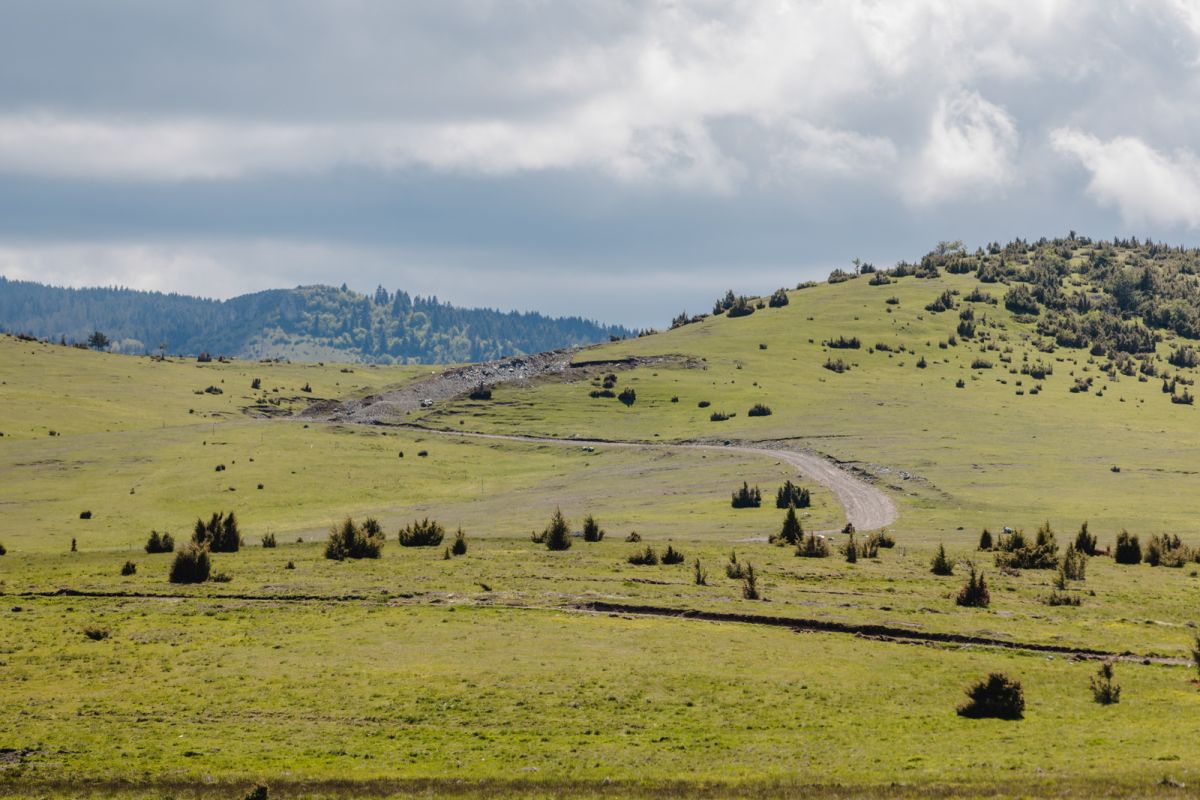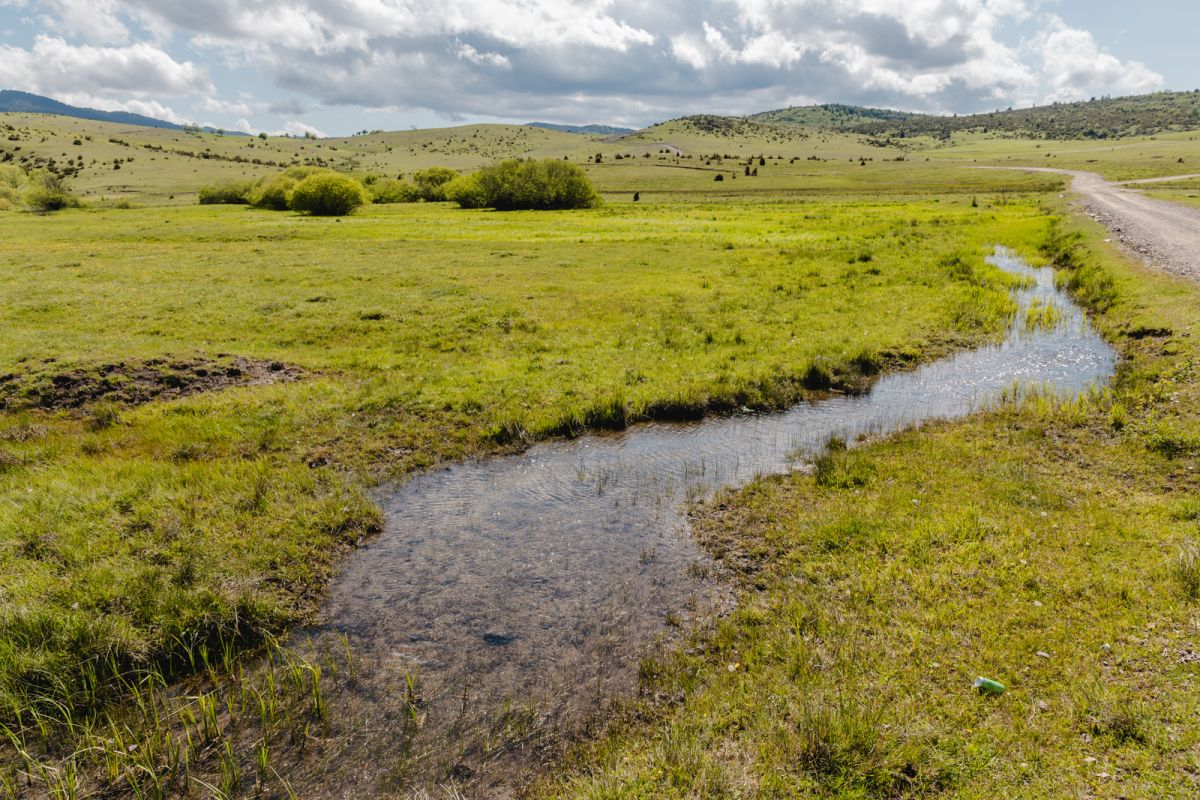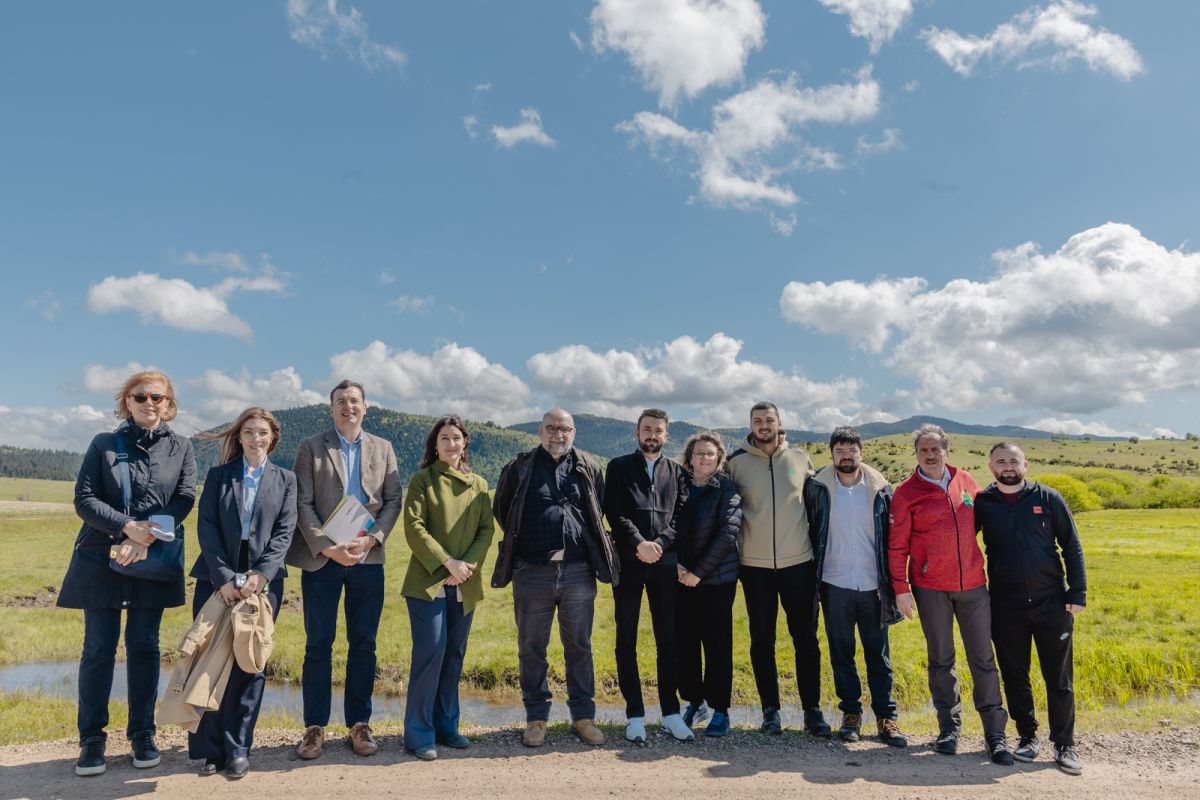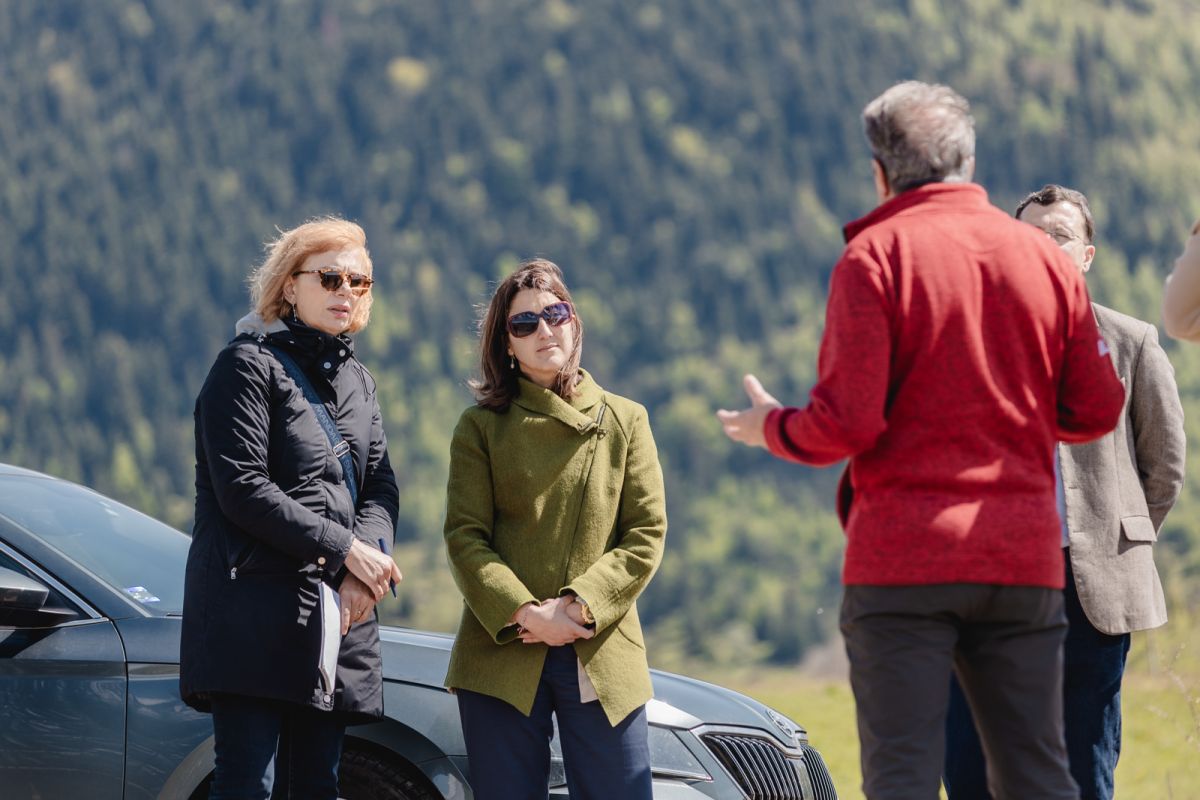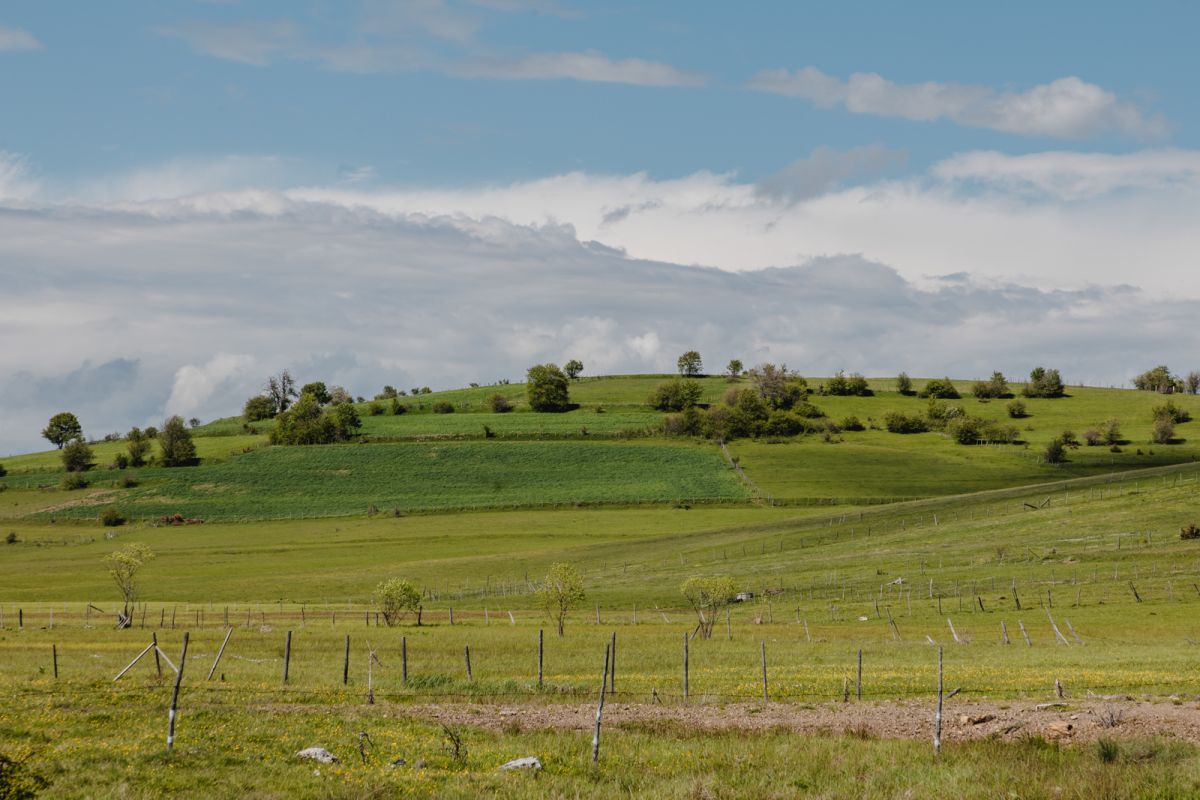How Tutin Is Preserving Nature for Future Generations
Tutin is a good example: a mountainous municipality on the edge of the Pešter Plateau, known for its vast pastures and the Special Nature Reserve Peštersko Polje, it faces the need to raise greater environmental awareness. The area’s vast natural wealth has yet to be fully utilized, and concrete steps are needed to protect it—both for biodiversity and for the opportunities it creates for the local population, such as increased rural tourism. However, local authorities lack the financial resources to adequately manage and promote environmental protection activities in these reserves, parks, and protected areas.
To help address this issue, the Municipality of Tutin received a grant of EUR 13,125 from the programme "PRO – Local Governance for People and Nature" and contributed nearly EUR 2,000 of its own funds for the project "Discover Tutin – an initiative to preserve nature for future generations." The funding was awarded through a public call in which a total of 18 local governments received support for partnership projects. In cooperation with civil society organizations, municipalities proposed initiatives that directly address local environmental challenges, with a focus on nature-based solutions and active citizen engagement in decision-making processes.
The intervention introduces several concrete innovations. First, the Green Council and municipal administration staff will attend a two-day training session, during which they will learn, through examples of good practice, how to plan and implement nature conservation measures and involve citizens transparently in the process. Then, eight locations will be equipped with informational eco-signs that provide basic facts about each site and its significance, along with details on how long different types of waste take to decompose—encouraging waste disposal in designated areas, especially among young people. In the heart of the plateau, a large three-dimensional "PEŠTER" sign will be installed, conceived as a new landmark and photo spot from which tourists can take away a story about the region’s ecological value.
Demir Šmaković, President of the NGO Eko Tur Pešter, described the significance of this intervention:
"Pešter isn’t just a plateau to me—it’s home, an open expanse, pastures you can’t forget. These info-boards and the 3D sign will help people better understand and respect the space they’re moving through. It’s a small but important step in preserving something we’ve long known to be valuable."
The programme also includes two field workshops: one for forty elementary school pupils and another for sixty high school students from all three schools in Tutin. Together with biology teachers and environmental experts, students will analyze water quality on-site, learn about endemic plant species, and observe the impact of livestock grazing on soil. For a wider audience, a short film titled "Discover Tutin" is being prepared. In cooperation with the local Tourist Organization, it will be broadcast on social media, local TV stations, and used in classrooms. This gives Pešter a new, modern form of promotion, while young people become ambassadors of their region and key allies in preserving nature.
In May, a joint delegation from the Swiss Cooperation Office and the PRO team visited Tutin to, before the start of all activities, tour Peštersko Polje, meet with youth organizations and representatives of civil society, and assess the situation on the ground. During the visit, members of the local mountaineering club showed programme representatives the area, whose vast potential still goes largely unnoticed.
Aldin Dreković, Director of the Tourist Organization of Tutin, explained the significance of the visit in the broader context of the project:
"The visit by representatives of the Swiss Cooperation Office and the PRO Programme was a great incentive for all of us. It showed that our work has visibility and support, which gives us additional motivation to continue developing the local community. Visits like these bring new energy, both to institutions and to the people working on the ground."
Muamer Mavrić, Head of the local government, reflected on the importance of such partnership visits for raising awareness and motivating the community:
"Cooperation with the PRO Programme has shown us how joint approaches can lead to tangible change. This project is an important step toward sustainable tourism development on the Pešter Plateau, but also toward greater environmental responsibility. We believe that initiatives like this will contribute to a better quality of life in our municipality in the long term."
Sustainability is ensured through the permanent transfer of responsibility for the installed eco-signs and the 3D "PEŠTER" sign to the Tourist Organization of Tutin, which will use them to continue promoting responsible management of protected areas. Long-term results are further guaranteed by binding agreements with schools and citizens’ associations to organize annual field classes and workshops at these locations, fostering ongoing environmental literacy and ecotourism.
On World Environment Day, the story from Tutin reminds us that even modest resources can spark a wave of change when programme expertise, donor trust, and youth energy come together.
Initial results, including clearer waste management plans, an improved eco-spot on the Pešter Plateau, and generations of students who understand the value of their region, will serve as tangible proof that local projects can have a lasting impact. The programme "PRO – Local Governance for People and Nature" will continue monitoring progress, and if all goes according to plan, Pešter could become a model of how nature and development are not mutually exclusive but mutually reinforcing—for the benefit of the entire community.
The "PRO – Local Governance for People and Nature" programme is jointly implemented by UN agencies in Serbia – UNOPS, UNICEF, UNFPA and UNEP – in cooperation with the Government of the Republic of Serbia and with financial support from the Government of Switzerland.
